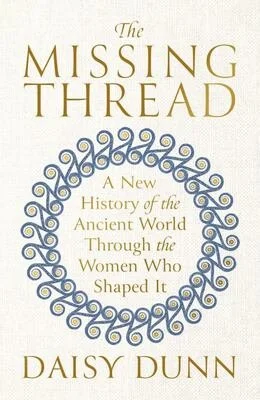He began to think, on the first day of the year, that a sixty-year audit of some sort was now unavoidable even if it was also undesirable, even though he was generally fairly successful at avoiding whatever he deemed undesirable (most things, in fact). He had lately been finding himself increasingly reluctant to do even those things that he certainly wanted to do. He had made avoidance his life’s work, he realised: he had started by avoiding things that were both undesirable and unnecessary, and then moved through avoiding things that were either undesirable but necessary or desirable but unnecessary, and he was currently exercising his avoidance on things that were certainly both desirable and necessary. Why was he doing this? Where would it end? Also, he thought, since when has avoidance become my life’s work? I must have had, or thought I had, some other purpose at some point, or if not purpose then intention or at least inclination, he thought, but my avoidance has been all too effective with regard to something that was not even a necessity, or at least became less of a necessity as I got better at it. He was, he estimated, being soft on himself, at least twenty years behind where his writing would be if his writing was more important to him. Evidently it was less important now than it had been, he realised, otherwise surely he would spend more time actually doing it, or if not actually doing it actually trying to do it. Avoidance was more his line. True, he had avoided writing any number of bad books, more bad books than many accomplished writers had avoided writing, but he wasn’t sure if this was an accomplishment in itself. Being a writer meant that it was always writing that he was not doing, as opposed to all of the other many things that he was also not doing. There were, of course, many fortunate people who did even less writing than he did but it was not for them specifically writing that they were not doing, which must be a relief to them, he thought. So, if he stopped avoiding writing, if he replaced some of the other many things that he did in his life presumably to avoid writing with actual writing, could he make up the twenty years of work that he had just estimated he had lost? If he did this year for year, he estimated, he would be where he could have been now when he got to be the age of Joy Williams, the author of the book that he was reading when he began what has turned out after all to be a sort of involuntary audit. This is encouraging, he thought, but then, he thought, Joy Williams has been on some sort of plateau for well more than twenty years, or if not a plateau then a shallower incline than the one that certainly lay ahead of him and for which he doubted that he had now either the stamina or the strength to ascend. If I write metaphors, I cross them out straight away, he thought, but how can I cross out a thought? Few of the ninety-nine stories in Joy Williams’s Concerning the Future of Souls are more than a page long; many are a single paragraph or even a single sentence. As with the book’s 2016 predecessor, Ninety-Nine Stories of God, the stories in this new book, which is subtitled 99 Stories of Azrael, are written with a spareness and flatness that he admires, in the language of a newspaper report or an encyclopedia entry, trimmed utterly of superfluities, and read like jokes that end up making us cry instead of laugh, or like laments that make us laugh instead of cry. Williams comes at her subjects at unexpected angles, he thought, revealing an inherent strangeness in what we might have thought to be the most ordinary details, and, conversely, making the most bizarre details seem entirely familiar and mundane. Really, he thought, life is like this, in both ways, though we blind ourselves to this as best we can. Joy Williams has the literary gift of being able to shake these scales from our eyes. He had sworn off metaphors decades ago, even metaphors in thought, but sometimes they just sneak out. More than several of the stories in the book concern Azrael, the so-called Angel of Death, who is not Death nor the cause of death, but is more a reluctant functionary, updating the register of the living, writing and erasing the names of the living and helping the souls to move on. But where to? The proximity of an extinction event, so to call it, either or both personal and collective, for the author, for the reader, for everyone and everything, adds a sort of urgency to these stories that makes us hyperaware of each detail as we are in any developing tragedy or disaster. The most tragic is the most ludicrous too, he thought, and vice versa. A good piece of literature has the same effect upon our awareness as a disaster. The 99 stories in this book have the texture of Biblical parables or Aesopian fables, he thought, but they are not parables or fables due to the indeterminacy of their meanings, or they are parables or fables that eschew the lessons and morals usually expected of parables or fables and return the reader instead to the actual. What more could we want from a story? What more could we really want full stop? The title of each story follows the story and often sits at odds with the reader’s experience of the story, forcing a further realignment of sensibilities, he thought. More, again, of what we want. Of what I want. How can such an immense knowledge, experience and learning be packed by Williams into something so simple and immediate, the weight of existence into something so astoundingly light? How can we have time, especially nowadays, for anything that falls short of this? The urgency is upon us all, he thought, or at least he felt it upon himself, and he was uncertain how to respond. Should he perfect his avoidance, or should he clutch, too late, perhaps almost too late, at whatever it was he was attempting to avoid?
HE CANNOT TELL AN AUDIT FROM A REVIEW






















































































